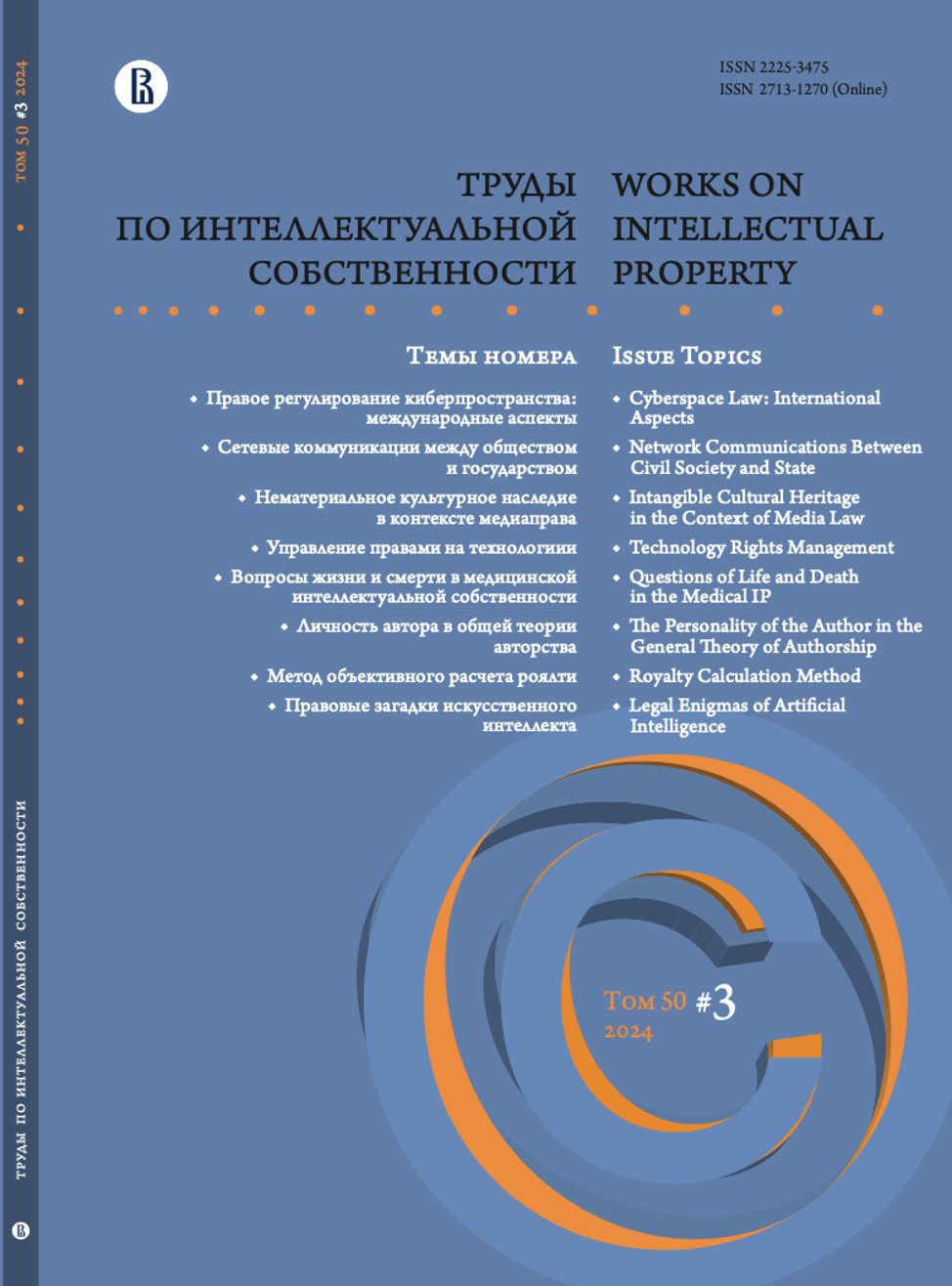FUNCTIONAL RESOURCE OF NETWORK COMMUNICATIONS AND PUBLIC-GOVERNMENT INTERACTION
Abstract
This article deals with the unclaimed potential of network communications. The next stage of technological evolution, the onset of which was associated with optimistic expectations, is associated with the deepest disappointments. It turned out that the widespread distribution of software platforms not only does not save people from discord and mutual misunderstanding, but sometimes brings even greater division, fencing off groups, communities and entire social institutions from each other. Unfortunately, the friendly march of revolutionary technologies did not lead to the flourishing and rebirth of democracy. Degradation, regression of traditional forms of managing the affairs of the state and society and the indifference of public authorities to the lives of ordinary people are not unique properties of any particular legal order, but are observed in jurisdictions with different levels of technological equipment.
The experience of successful development of the potential of network communications by the Republic of Belarus is presented, as well as examples of those locations in which new dividends are expected from modern technological developments. An attempt is made to answer the question under what circumstances the functional resource of network technologies can be more thoroughly involved in the interactions of the state and society, the coordination of conflicting interests of communicating actors.
The work is based on general scientific and local legal methods, as well as axiological, institutional, resource and other interdisciplinary approaches and attitudes. Attention is drawn to the fact that the stereotypical representation of communication as a process of mechanical transmission and receipt of information reduces social interaction and reduces it to an elementary scheme of data transmission. The point of view is defended that changing the approach to communication will help to better cope with the task of organizing a public-state tandem and strengthen the level of trust in the authorities. It is emphasized that a critical condition for the representative participation of citizens in management processes is the presence of a set of feedback mechanisms and inclusive institutions that allow ordinary people to be present in public discourse.


